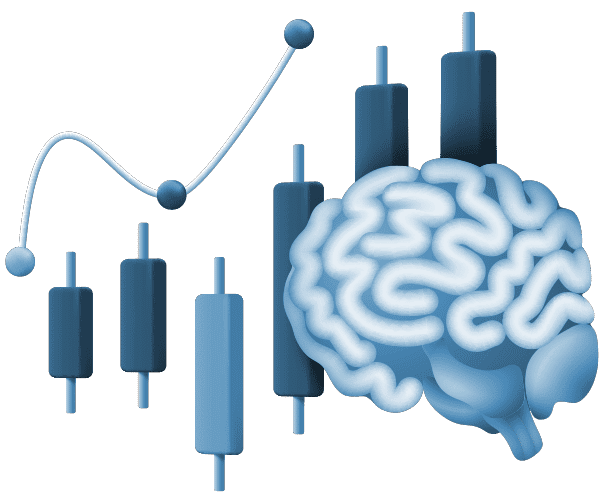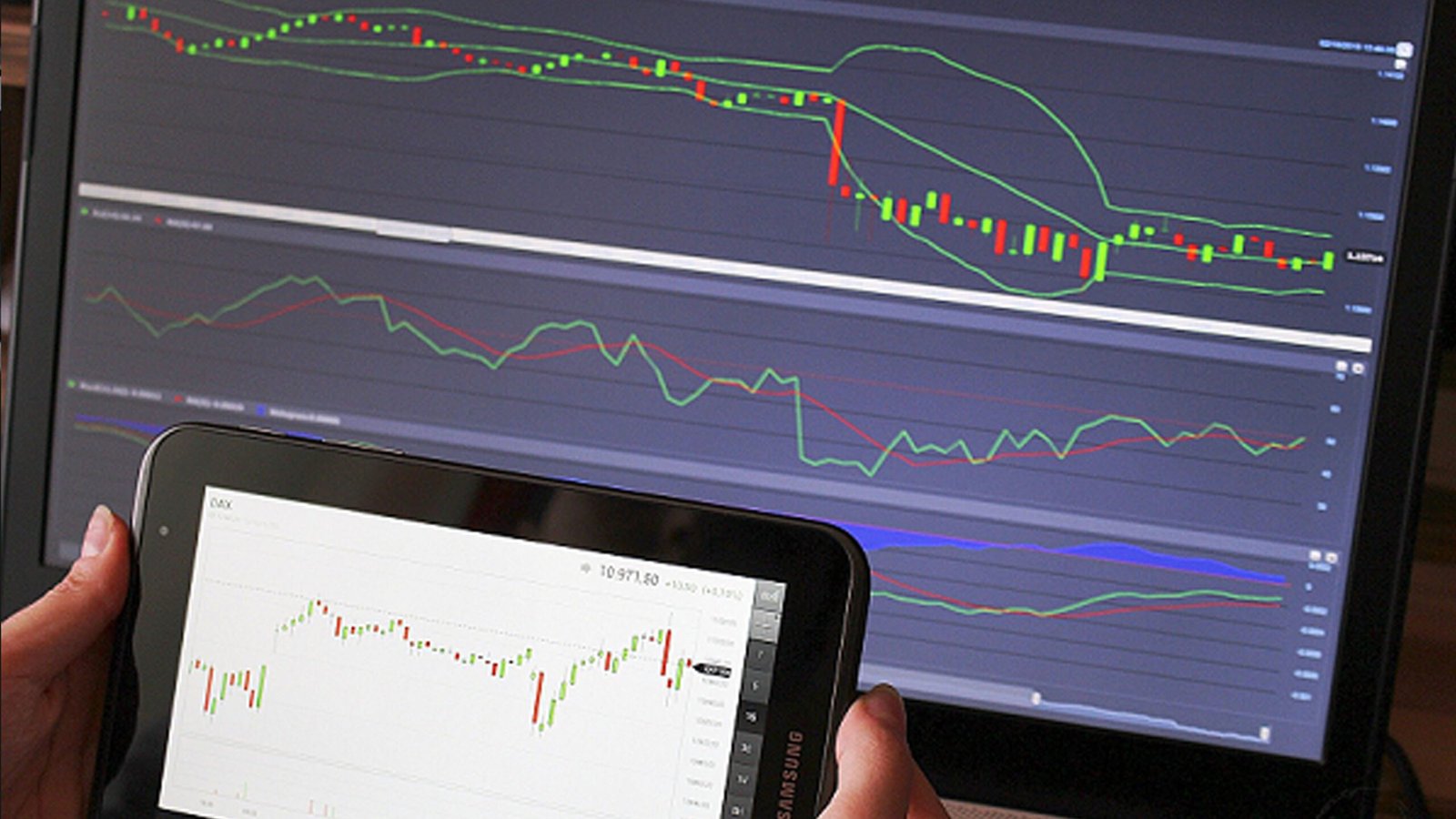How to develop trading brain

How to develop the brain of trading
This is the core thesis of “Trading Psychologies”, a 2012 German book on the psychology of trading. Many readers and reviewers have said it is the best book on the subject they have ever read, or that it is the first that is of any real use.
The author of the book, Norman Welz, is a psychologist and journalist who developed a keen interest in the stock market and related psychology. His specialty is the psychology of trading, a subject in which he has not only extensive experience but also unique knowledge. Among other things, it trains traders to develop their brains in the right direction.
Welz points out that what differentiates both his work and his book from the vast literature on the subject is the emphasis on applied trading psychology. It is well known that traders need discipline, but accepting this idea is simply not enough for investors to trade properly.
KEY TO TAKE AWAY
A good mindset is essential to be a successful trader, says Norman Welz, author of the 2012 German book on the psychology of trading, “Trading Psychologies”.
To approach the psychology of trading Welz works on the brain of traders through the subconscious and hypnosis.
Effective trading involves a personality change, says Welz, where those who focus solely on charts and trends will end up struggling with the myriad of emotions that come into play.It’s all in the mind
The crux of the matter is that most people love and need security in all its forms, but “trading is the least secure business you can find yourself in”. Welz says. . He claims that no other profession creates so many emotions so intense and reflects our personality so much. He goes so far as to claim that stock market activity personifies money: “We don’t just trade goods and money, we become money,” Welz said.
To trade effectively, a good mindset is essential. However, nothing is harder than separating yourself from the multitude of factors that created our state of mind in the first place and determine how our brains work. We are influenced by parents, family, friends, the environment, society, the media, books and more. By the time we start trading, all of these influences tend to correct trading patterns that are often dysfunctional or sub-optimal. Trying to change these patterns is somewhere between difficult and scary.

Why do traders overlook the power of psychology?
To understand Welz’s approach, it is necessary to understand the ubiquitous role of psychology and the brain. While the idea that psychology is vital to the stock market is not new, Welz believes trading is 100% psychology. , we were never able to assess financial risk or recognize trends. “No brains, no stock market trading,” Welz says.
Mental strength is therefore essential for success in trading. Additionally, around 95% of our actions are subconscious, and we tend to reproduce our behaviours over and over again. Too often, this replication means repeating erroneous or even disastrous actions.
In support of this claim, Welz refers to a study in which 120 traders received a system that had statistically proven its intrinsic value in 19 of the previous 20 years. After a year of testing, it was evident that 119 of these traders had failed with the system because their mental tendencies had led them astray. All but one of the traders had bad thought processes. “Success comes from the head,” Welz says. The system was good, but the attitudes and psychology with which traders applied this system were not.
Most traders are men, who tend to think that psychology isn’t what matters. Rather, they think that what matters are simplistic notions of being coldly rational, knowledgeable and savvy.
Welz's Approach
Welz acts on the brains of traders through the subconscious and hypnosis. Trainees are put into a confident state of mind and the necessary skills are ingrained in the subconscious regions of the brain. If this process seems a little strange to you, consider this: For many years, Welz has helped people overcome their fears and blockages, allowing them to win sports championships and even achieve an Olympic victory. Additionally, it has helped traders make money by activating the right mental energy, motivation, and hence behaviour. emphasizes that each person has unique mental bridges and barriers that must be crossed or overcome to be successful.
The “discipline of commerce” arises from modifying one’s behaviour in the desired direction and from overcoming the mental resistances and fears that generally oppose it. Especially in the context of trade, Welz believes that “there are armies of resistance”. The brain of trading involves integrating the right investment and the right knowledge of the market with the right mental skills. It’s not that habitual skills aren’t out of place, it’s just that they’re usually replaced by bad mental and behavioural patterns.
Effective trading, therefore, involves a change of personality. According to Welz, “people who are unwilling to attempt this shouldn’t even bother to negotiate.” Those who focus only on the so-called logical aspects of charts and trends, including all of those patterns such as “flags, triangles and channels or stops and forks of trading”, end up sinking into the myriad of emotions that inevitably come into play. game and even dominate the markets.
The above, Welz explains, is “the ultrashort version” of his theory, but the essence of the question. In addition, he believes that anyone can become a trader and overcome their fears. Provided people are not clinically ill, they can resolve these basic anxieties if they are truly willing to work on themselves. Additionally, they need a good sense of reality and an understanding of reality if they are to be successful. Of course, financial knowledge and skills, information and research reproduce key roles.





